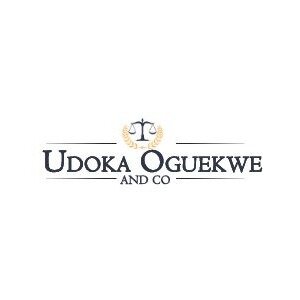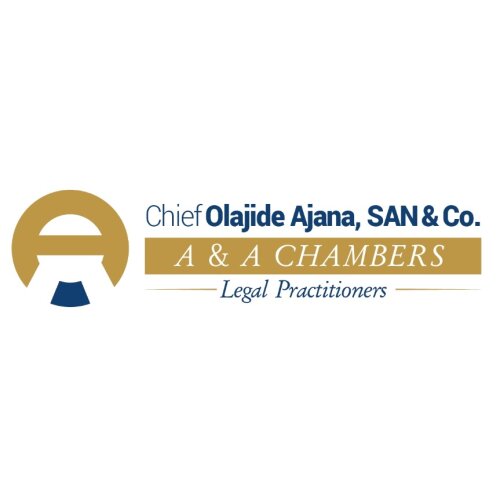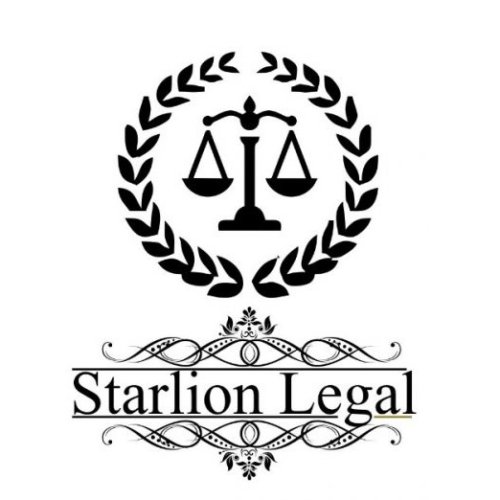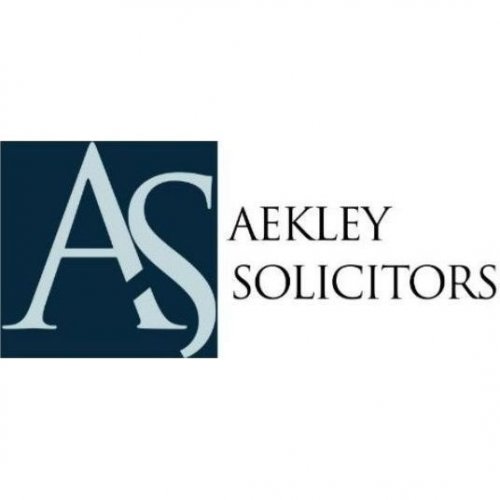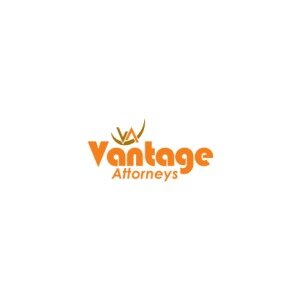Best Financial Services Regulation Lawyers in Abuja
Share your needs with us, get contacted by law firms.
Free. Takes 2 min.
List of the best lawyers in Abuja, Nigeria
About Financial Services Regulation Law in Abuja, Nigeria
Financial Services Regulation in Abuja, Nigeria, is primarily governed by a body of laws and regulatory frameworks designed to promote the stability, integrity, and transparency of the financial system. These laws regulate the activities of financial institutions, including banks, insurance companies, stockbrokers, and other entities engaged in investment and capital markets. The Central Bank of Nigeria (CBN), the Securities and Exchange Commission (SEC), and the National Insurance Commission (NAICOM) are some of the principal regulatory bodies ensuring compliance with these regulations in Abuja.
Why You May Need a Lawyer
There are several scenarios where you might require legal assistance in financial services regulation:
- Establishing a new financial institution or obtaining licenses in Abuja.
- Navigating compliance issues such as anti-money laundering or consumer protection laws.
- Handling disputes related to investments, insurance, or banking services.
- Responding to regulatory investigations or enforcement actions by the CBN or SEC.
- Negotiating contracts or agreements within the financial services sector.
- Understanding and applying changes in legislation impacting financial services.
Local Laws Overview
Abuja's financial services regulation is anchored on several key legal instruments:
- Banking Laws: Governed primarily by the Banks and Other Financial Institutions Act (BOFIA), which regulates the establishment and operation of banks and other financial institutions.
- Securities and Investment Laws: The Investment and Securities Act provides the regulatory framework for investment and capital markets, with the SEC as the main regulator.
- Insurance Regulations: Insurance activities are monitored under the Insurance Act, with NAICOM as the primary regulatory body ensuring fair practices.
- Anti-Money Laundering (AML) and Counter-Terrorism Financing (CTF): These regulations are enforced by the Nigerian Financial Intelligence Unit (NFIU) in conjunction with CBN directives.
Frequently Asked Questions
What is the role of the Central Bank of Nigeria in financial regulation?
The CBN plays a pivotal role by formulating monetary policy, issuing legal tender, regulating the banking industry, and maintaining the stability of the financial system through supervision and enforcement actions.
How can I start a financial services company in Abuja?
Starting a financial services company requires obtaining relevant licenses from regulatory bodies like the CBN or SEC, depending on the services you intend to offer. It involves undergoing rigorous vetting to ensure compliance with local and international standards.
What are the consequences of non-compliance with financial regulations?
Non-compliance can lead to penalties, including fines, license revocation, or other enforcement actions. It could also result in reputational damage and legal challenges.
Can I challenge a regulatory decision made by the CBN or SEC?
Yes, regulatory decisions can be appealed or challenged through legal processes. Engaging a knowledgeable financial services lawyer can help navigate these complex challenges.
What are some consumer protection considerations in Nigerian financial services laws?
Consumer protection laws ensure fair treatment of clients by preventing unfair banking practices, ensuring transparency, and providing mechanisms for dispute resolution.
What type of financial disputes commonly arise in Abuja?
Common disputes include breaches of contract, investment losses, fraud, disagreements over terms of insurance policies, and issues related to non-disclosure of information.
How frequently do financial regulations change in Abuja?
Changes can occur regularly as regulators respond to new economic trends, technological advancements, and international regulatory standards. Staying informed about these changes is critical for compliance.
Who do I report financial misconduct to?
Financial misconduct can be reported to the relevant regulatory authority, such as the CBN for banking issues or the SEC for securities-related matters. Anonymous reporting mechanisms may also be available.
How do financial services regulations impact foreign investments?
Regulations ensure a stable and transparent environment for foreign investments but may impose specific requirements on foreign entities, such as registration, disclosures, and compliance with host country laws.
What is the significance of the Financial Reporting Council of Nigeria?
The Financial Reporting Council of Nigeria (FRC) sets standards for financial and corporate governance reporting practices, ensuring transparency, accountability, and integrity in financial statements and business reports.
Additional Resources
Consider reaching out to the following organizations for guidance:
- Central Bank of Nigeria (CBN): For insights on banking regulation.
- Securities and Exchange Commission (SEC): For securities and investment advice.
- National Insurance Commission (NAICOM): For insurance-related inquiries.
- Nigerian Financial Intelligence Unit (NFIU): For matters related to AML and CTF.
- Financial Reporting Council of Nigeria (FRC): For standards on financial reporting.
Next Steps
If you need legal assistance with financial services regulation issues, consider the following steps:
- Consult with a lawyer specializing in financial services to understand your specific legal needs.
- Gather all pertinent documents related to your case or query.
- Explore the option of mediation or arbitration for dispute resolution as an alternative to litigation.
- Stay informed and updated on new policies and regulatory changes affecting your case or business.
- Maintain open communication with regulatory bodies to ensure compliance and address any concerns or inquiries promptly.
Lawzana helps you find the best lawyers and law firms in Abuja through a curated and pre-screened list of qualified legal professionals. Our platform offers rankings and detailed profiles of attorneys and law firms, allowing you to compare based on practice areas, including Financial Services Regulation, experience, and client feedback.
Each profile includes a description of the firm's areas of practice, client reviews, team members and partners, year of establishment, spoken languages, office locations, contact information, social media presence, and any published articles or resources. Most firms on our platform speak English and are experienced in both local and international legal matters.
Get a quote from top-rated law firms in Abuja, Nigeria — quickly, securely, and without unnecessary hassle.
Disclaimer:
The information provided on this page is for general informational purposes only and does not constitute legal advice. While we strive to ensure the accuracy and relevance of the content, legal information may change over time, and interpretations of the law can vary. You should always consult with a qualified legal professional for advice specific to your situation.
We disclaim all liability for actions taken or not taken based on the content of this page. If you believe any information is incorrect or outdated, please contact us, and we will review and update it where appropriate.





